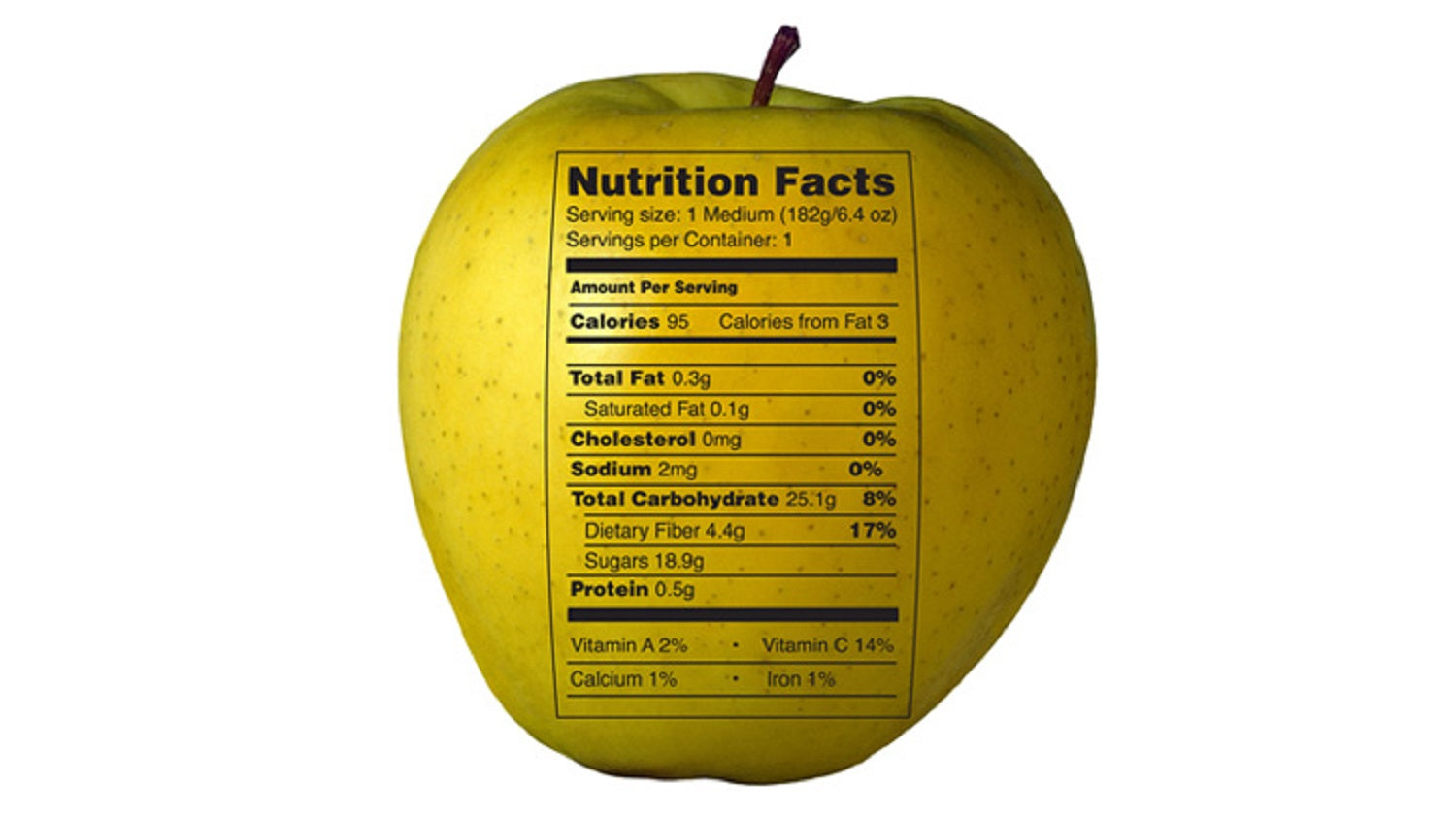Labels: What Are They Good For

"George Carlin: "The planet will be here for a long, long, LONG time after we're gone, and it will heal itself, cleanse itself, 'cause that's what it does. It's a self-correcting system. The air and the water will recover, the Earth will be renewed, and if it's true that plastic is not degradable, well, the planet will incorporate plastic into a new paradigm: the Earth plus plastic. The Earth doesn't share our prejudice towards plastic. Plastic came out of the Earth. The Earth probably sees plastic as just another one of its children. It could be the only reason the Earth allowed us to be spawned from it in the first place. It wanted plastic for itself. I didn't know how to make it. Needed us. It could answer our age-old egocentric philosophical question, 'Why are we here?' Plastic … assholes."
-John Durant, The Paleo Manifesto: Ancient Wisdom for Lifelong Health
Labels for everything… not just clothes.
How awesome is this? Let me tell you: It's incredible.
At Wild Foods, we see ourselves as ambassadors for real food. But more than just real food, we embrace what we call "real life"—the expression of everything that makes up what is best for humanity. This includes fitness, nature, sleep, circadian rhythm, and just about everything else that used to be considered "hippy."
Well, hippy is now in. Hippy has been deemed excellent by the Paleo/Primal movers and CrossFitters.
We are all of these and none of these. Labs are helpful because they help us synthesize the unfathomable amount of information trying to find its way into our brains. Labels help us make split-second decisions about things, allowing our brains not to get bogged down by the sheer volume of information and choice. If we couldn't "filter" information to make it manageable, our brain would shut down from overload and just lay on the ground, unable to do anything (or so scientists say).
So while labels like Paleo, Primal, Vegan, Vegetarian, Runner, CrossFitter, Powerlifter, and so on help us communicate the fundamentals of what we do or are to other people, they have the problem of also communicating limitations to both ourselves and others.
For example, a runner could fall into the typical runner's dogma and ignore other aspects of her fitness, like strength training. By labeling herself a "runner," she tells the world (and herself in most cases) that she runs a lot and probably doesn't lift weights. The same goes for everyone else.
My point is to be wary of labels.
I consider myself a "Paleo or Primal" eater, but I'm careful with using this to describe how I eat to other people because of the common preconceived notions that come with it—like we only eat meat. The same goes for using the label "CrossFit."
What's important to note here is that I'm not just doing this to appease other people's perceptions. I do it more for myself than anyone else.
I don't want to buy into any one dogma. I want to be open-minded and find the best version of everything that works for me.
So, regardless of what you call it, this is what I've found works for me:
- I eat gluten-free.
- I am into outdoor fitness of all kinds.
- I lift weights.
- I stretch, work mobility, and practice yoga.
- I eat real food.
- I don't eat grains, lentils, or beans.
- I avoid sugar and food in a box.
- I get outdoors every day and try to get as much sunlight as possible.
- I walk often.
- I avoid sitting as much as I can.
- I make sleep a priority.
- I'm a night owl.
- Friends and family are of the utmost importance.
- I'm a practicing Stoic.
- Life is short, and I want to make the most of this time.
- I incorporate fasting into my eating program and try to skip meals as often as possible because I believe our ancestors didn't have access to food on a routine basis.
- I model my health after what worked for my ancestors.
Within this short list, you could use all kinds of labels that would communicate the same thing—plus others.
Tags are helpful and, sometimes, necessary. Just be careful of the limitations that come with them.
Founder/CEO, Wild Foods
